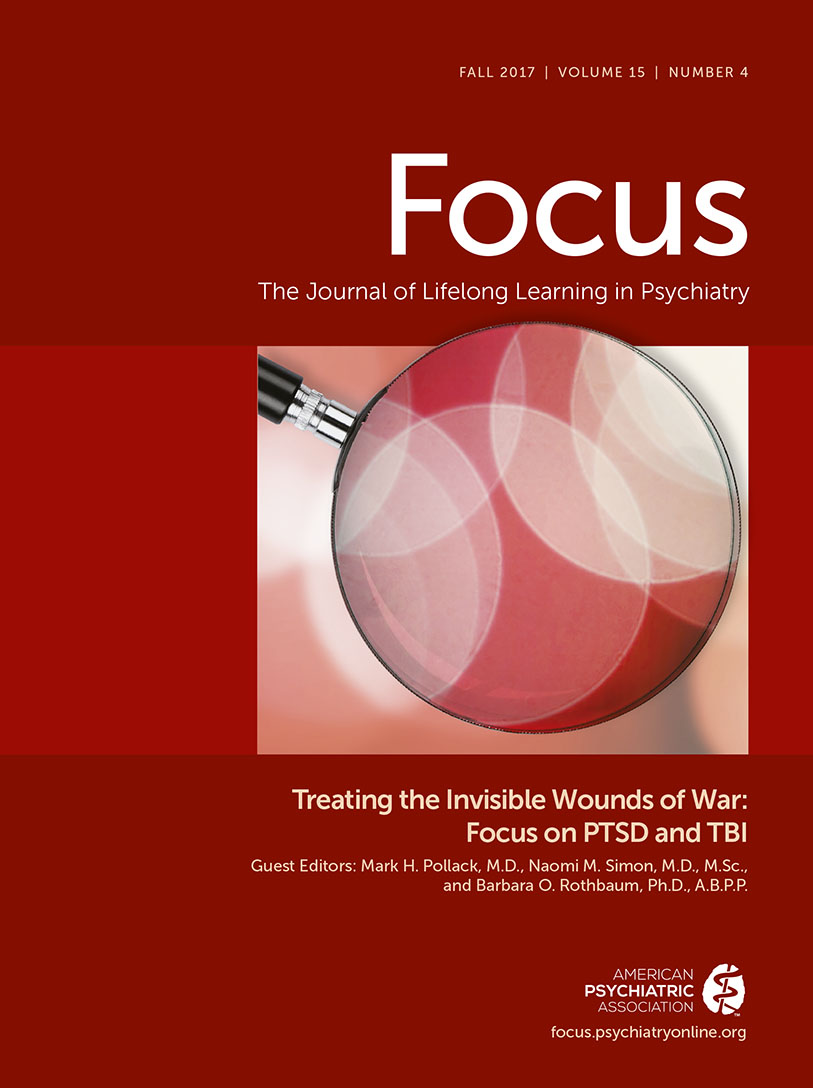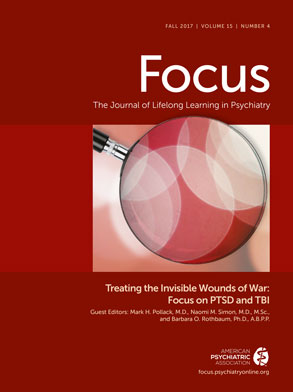Death is a fundamental part of the life process. Accordingly, most of us are confronted by the challenges of adapting to the deaths of loved ones, often many times in our lives. Such losses trigger an acute grief response, which may be intensely painful but is generally a self-limiting process. Mourning rituals and the support of family and friends facilitate passage through acute grief to a place where the reality and permanence of the loss are understood, a comfortable place for the lost loved one is found in our hearts, memories, and deeds, and well-being and the ability to get on with living are restored.
But in a small but meaningful percentage of bereaved individuals, perhaps as high as 7%, the smooth passage described above is blocked, and successful adaptation to the loss does not occur. Instead, the condition we call complicated grief (CG) ensues. The exact criteria and best name for this condition are still works in progress. One prominent research group prefers the term
prolonged grief and has proposed its own criteria set (
4). Our group favors the term
complicated grief (
5). What each of these conceptualizations have in common is that the grief is unusually intense, lasts well beyond the period expected by social and cultural norms, and is accompanied by impairments in daily functioning. For our group, the hallmarks of CG are persistent, intense yearning, longing, and sadness. These symptoms are often accompanied by an inability to accept the painful reality of the person’s death, insistent thoughts or images of the deceased, rumination focused on angry or guilty recrimination related to circumstances of the death, and avoidance of reminders and/or attempts to “hold onto” the deceased person by remaining tethered to any and all reminders.
The three most important conditions to differentiate are normal (uncomplicated) grief, major depressive disorder (MDD), and posttraumatic stress disorder (PTSD). It can be differentiated from normal grief by virtue of the intensity and severity of the acute grief response; its persistence over time (at least 12 months according to the
DSM-5 and at least six months by other proposed diagnostic criteria); excessive avoidance of reminders of the loss; unforgiving and unrelenting guilt, blame, and shame, and the prominence of troubling maladaptive rumination about circumstances or consequences of the death. CG can be differentiated from MDD in that loss and loneliness, rather than persistent and pervasive dysphoria, are the predominant preoccupations; yearning and longing for the deceased person are prominent; painful affects occur in waves that diminish in intensity and frequency over time; positive feelings are intermixed with the pangs of grief; guilt is centered on deeds done or not done in relation to the deceased; all-consuming feelings of worthlessness are not common; and suicidal feelings are more about joining the deceased than of being undeserving to live. CG differs from PTSD in that the trigger is loss rather than threat. Correspondingly, primary emotions are yearning and sadness rather than anxiety and fear. Intrusive thoughts and images are focused on the person rather than the event, and these thoughts and memories are not frightening. At times, they may even be pleasurable (
1–
3).
While CG can follow the loss of any close relationship, it occurs with increased frequency among parents who have lost children and after the death of a spouse or romantic partner. It is more likely when the death is sudden or violent, such as after suicide, homicide, or accident. It may also be more common when the relationship has been especially close, such as losing a “soulmate.” Depression, anxiety disorders, and current substance use/abuse appear to increase risk, as do multiple losses, very stressful circumstances surrounding the death, lack of supports, uncertainty about the death and the unavailability of usual mourning rituals.
Psychotherapy is the treatment of choice. Our group has completed three randomized controlled trials demonstrating the effectiveness of a form of short-term, manualized, grief-focused therapy called complicated grief therapy (CGT) (
6–
8). Its primary goals are to identify and resolve complications of grief and to facilitate adaptation to loss. The treatment includes two key areas of focus: loss (i.e., helping patients find a way to think about the death that does not evoke intense feelings of anger, guilt, or anxiety) and restoration (restoring effective functioning by generating enthusiasm and creating plans for the future) (
9). The third of these studies did not demonstrate effectiveness of medication either alone or in combination with CGT for alleviating grief, but findings suggest a possible role for antidepressants for decreasing depressive symptoms when given along with CGT (
8). The results also suggested that when formal CGT is not available, supportive, grief-informed clinical management, with or without medications, may help: getting a good history, explaining and monitoring CG symptoms, and providing empathic support and gentle encouragement for reengaging in daily activities. Untreated, CG is a miserable and often lasting condition. But recognition and the right treatment can be life promoting and literally life saving.

